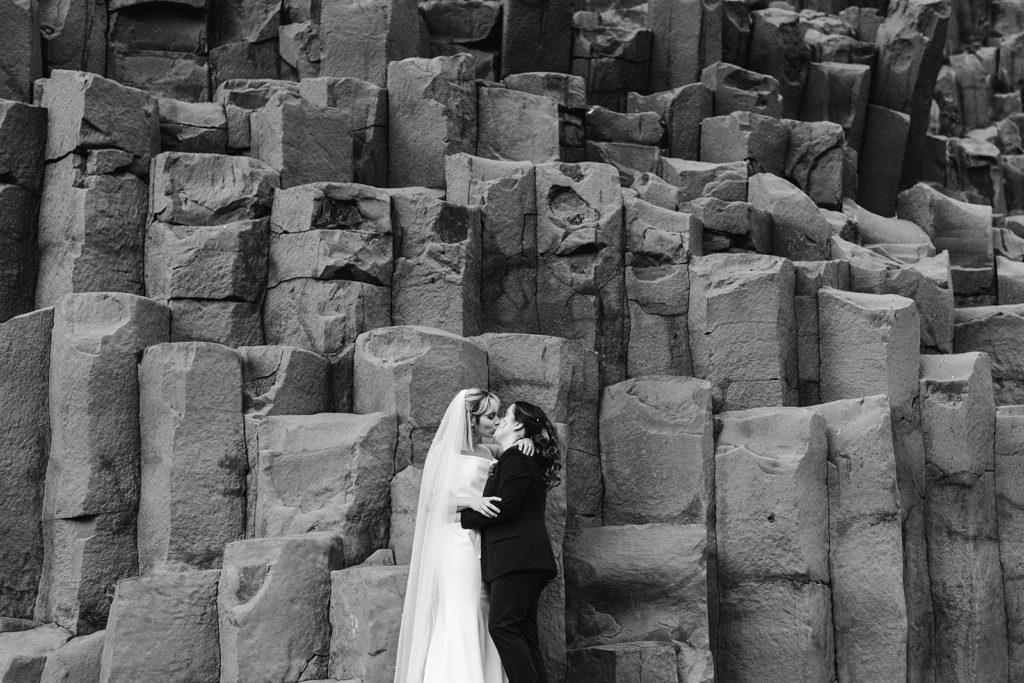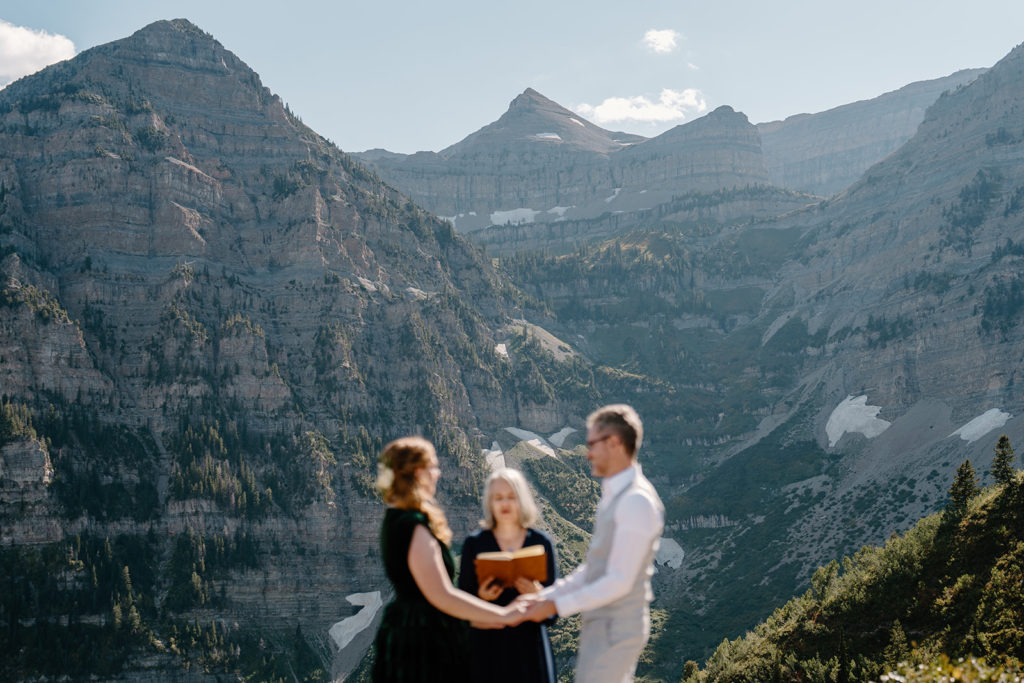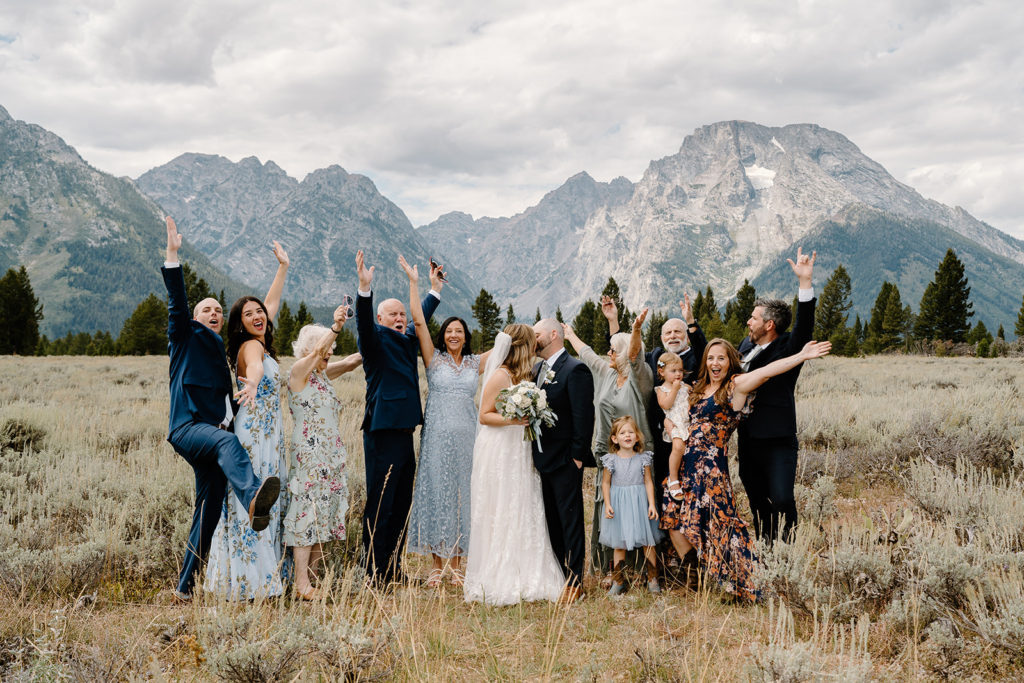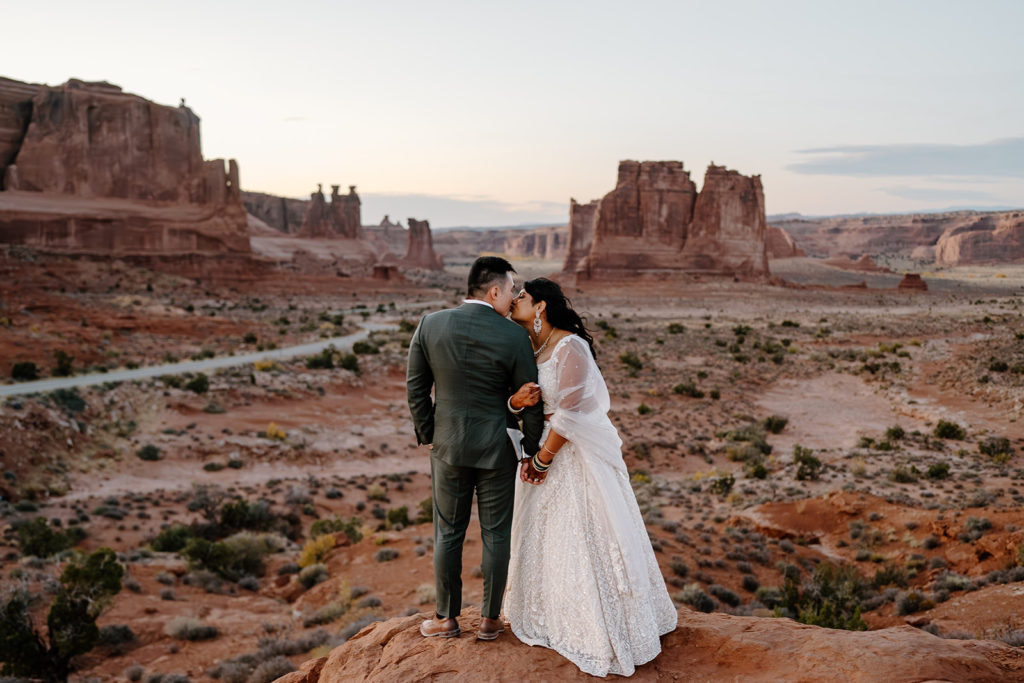Based in:
When most couples think about eloping, they get lost in the wonder of it all. The epic locations. The potential to invite anybody (or nobody). The sheer bliss and freedom of choosing anything you want on your wedding day.
And you know what? They should. If I can do anything right as an elopement photographer, I hope it’s helping my couples realize that eloping is nothing short of magical in every way.
But for as amazing and wonderful as those things are, there are some less-than-exhilarating details you might have to consider before you say your vows.
Yep, I’m talking about paperwork.
The good news? Eloping isn’t hard–that means the paperwork doesn’t have to be either. I’m sharing a little paperwork insight every couple should consider before they tie the knot (however they decide to do it).
How Do We Elope? What to Know About Elopement Paperwork
The first–and most important–rule about elopement paperwork is this: there’s no cookie-cutter list of paperwork you have to fill out.
Every county, every state, and every country is different. So, what you have to do is going to depend on where, when, and how you’re planning on getting married.
Keep that thought in mind as we dive into the details, and remember that some rules might apply to your elopement while others might not.
Getting Legally Married on Your Elopement Day–Do You Have To?
First things first, let’s do a little myth-busting.
Just because you’re getting married on your elopement day doesn’t necessarily mean you’re getting “legally” married.

Hear me out.
Yes, to be legally recognized as a married couple, you have to do all the necessary paperwork. That doesn’t necessarily mean you have to do that paperwork on your elopement day. In other words, the day you physically sit down and do that paperwork doesn’t have to count as your wedding day.
Think about it this way. Let’s say you’re planning on getting married in Iceland (epic choice, by the way). You realize that you can do all the Icelandic paperwork necessary to have your elopement overseas recognized in the United States–but the idea of doing all that just sounds overwhelming, especially when you can do all the paperwork in your home state much more seamlessly.
So, you decide to do all the legal stuff before you go on your elopement trip. You handle the paperwork, get all the legal stuff out of the way, and then elope in Iceland as planned–all without having to worry about the paperwork on your elopement trip.
Here’s the thing. You absolutely can get legally married on your elopement day. You can say your vows, sign the papers, and handle all the legal stuff as part of your ceremony. Some couples love this part of it all.
But you can also ignore the paperwork, worry about it before or after your elopement day, and soak up every moment without thinking once about signing anything on your day.
Both are great options; both work perfectly, and both happen all the time.
See? That’s another great thing about elopements–even the paperwork part is all about doing it your way.
Must-Know Paperwork Details
Let’s face it: paperwork is kind of boring no matter how you slice it (even if you’re talking about paperwork for an exciting elopement).
My vote? Let’s cut the fluff and get right to the info you need, bullet point style.
Marriage Licenses
- A marriage license is a legal document a couple must get from the state before they get married that establishes their legal relationship. (Romantic phrasing, right?).
- In order to be legally married on your elopement day, you do need a marriage license that you (and others, depending on where you’re getting married) plan to elope.
- No matter when you plan on doing the marriage license part of your elopement (before, during, or after), you’ll need to plan accordingly. This means you’ll have to apply for a license, pay a fee, and share all the necessary information. What this entails depends on where you’re getting married.
- Some states have waiting periods; some don’t. For example, in Utah, you can get your marriage license and get married immediately. In places like Oregon, you’ll have to wait three days after you get your license before you can get married.
- You’ll need to return your signed marriage license to the state or county you’re getting legally married in. In most cases, you can mail this license in. Some couples choose to drop it off during their elopement trip if they’re filling out paperwork during their ceremony. Every state will have a different window of when you need to turn your license in.


Officiants & Witnesses
- Most states will require you to have a legally recognized officiant and at least two witnesses to sign your marriage license in order for it to be “legal.”
- The good news? If you’re getting married somewhere that does require an officiant but you don’t want to hire a separate officiant, I can help. I’m ordained and can legally sign as your officiant on your marriage license. (We love a little loophole that isn’t actually a loophole at all).
- If your state requires witnesses, you can absolutely bring people with you to sign your license. If this doesn’t sound like a good fit for you, we can always (seriously, always!) find witnesses on your wedding day who can sign your license.
- Some states (like Colorado) are cool with you self-solemnizing–that means you won’t need anyone present to sign your marriage license. In other words, you and your love can climb a mountain, say your vows, sign your licenses, and bring it back to the courthouse–and it’s all legal.
State Rules
- Every state is going to have different rules and laws about the process, the paperwork, the fees, and what hoops you’ll have to jump through.
- Some states require you to go into the courthouse in the county you’ll get married in to apply for your license; others let you do part of the process online. Make sure you know the deal ahead of time, especially if you’re planning on eloping in a state you don’t live. (You’ll need to build in enough time to apply in person, get through the waiting period, and then get your license).
- For example, Utah allows you to do the entire process totally online. Seriously, in Utah, you can basically get married online. The application, the signing, and everything in between can be done without ever having to put ink to paper.
Location-Specific Paperwork
- Where you get married will determine if you need a wedding ceremony permit or not.
- It’s important to remember that a marriage license and a wedding ceremony permit are two different things. A wedding ceremony permit is an obtained license that recognizes you’re legally allowed to get married in a specific location.
- County, State, and National Parks will have processes for obtaining wedding ceremony permits along with specific areas (especially in national parks!) where you’re allowed to have your wedding ceremony.
- If you’re having your ceremony on public land, you still might need to obtain a permit–the best thing you can do is research your spot and ask questions to ensure you’re doing everything by the book.

Eloping Paperwork FAQS
The most commonly asked questions about elopement paperwork. (Psst. for more FAQs about eloping, I’ve got an entire FAQ blog you might want to read).
Is eloping legal?
It sure is! As long as you do the correct paperwork, an elopement is recognized as a legal marriage. Rest assured that eloping is totally and completely legal (I get it, though, it’s so good it seems like it shouldn’t count).
What if we’re eloping internationally?
You can get legally married in a different country; just know that each country is going to have its own rules, paperwork, and hoops to jump through. You’ll need to consider the amount of time spent in the country beforehand, how to fill out the paperwork, and what you’ll need to bring with you to make everything happen.
If you want to elope in another country but don’t particularly care about where the paperwork part gets done, you can always “get married” at home by filling out paperwork locally before or after your elopement ceremony in another country.
What if we’re already legally married before we elope?
Don’t sweat it! A lot of couples either get legally married on their elopement day or tackle the paperwork part after the fact.
Some couples might never even deal with the paperwork because the legal part of it doesn’t matter to them. There’s really no wrong way to do it–just do what you both feel is right.
Elope Your Way–I Can Help
If you’re ready to experience the wedding day that feels right for you and your partner, I’m ready to help.
I’m happy to go above and beyond capturing your day–I can offer elopement paperwork insight guidance, and get you in touch with all the right people to sort every detail out stress-free.
Most of all, though, I can help you plan the elopement day that speaks to you and captures your day as authentically and meaningfully as possible.
Let’s plan your dream elopement day together.





